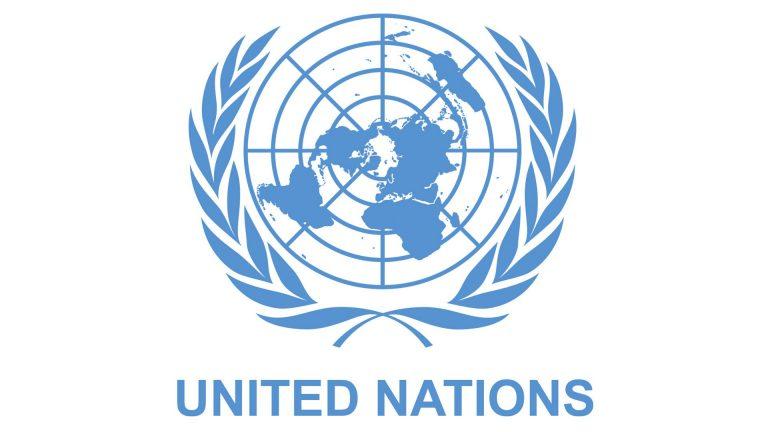As global aid continues to shrink, the United Nations has made a fresh appeal to Nigeria’s private sector to play a more active role in financing development, particularly in the face of dwindling Official Development Assistance (ODA).
Speaking ahead of the 2025 edition of the Africa Social Impact Summit, United Nations Resident and Humanitarian Coordinator in Nigeria, Mr. Mohamed Malick Fall, called for a fundamental shift in how countries like Nigeria approach development financing.
The summit, which is set to hold from July 10 to 11 at the Eko Convention Centre in Lagos, is expected to bring together stakeholders across sectors to discuss climate action and innovative ways of funding local development.
Fall noted that with the decline in traditional aid, African nations must now look inward. “We are entering a new era where ODA, where development financing, where humanitarian financing would never be the way it has been for the past decade,” he said.
Read also: Anambra orders residents to repaint dilapidated houses
He explained that reliance on foreign assistance is no longer sustainable and that alternative approaches must be considered, particularly local partnerships that include robust private sector involvement.
“We are aware of it, we are mindful of it. This is why we think that it is time for us to focus on what kind of alternative model will give the most value for financing development in a context like the one of Nigeria,” Fall said.
According to him, the focus should not only be on public domestic resources but also on mobilising the private sector within Nigeria.
“Today, financing development cannot find any more resources than the domestic resources. And not just domestic resources from the state, but domestic resources also from the private sector,” he added.
He emphasised that the days when governments alone shouldered the full burden of financing key sectors such as education, health, water, sanitation, and food security are over.
“Because the time where the state, as a segment of society, undertook everything, had the tax that they require to finance education, finance health, finance livelihood, finance water and sanitation, finance food security—that time too is past,” Fall noted.
Against this backdrop, Fall described the upcoming summit as timely and necessary for developing new strategies and encouraging collaboration between all stakeholders.
“That’s why we believe that today this summit is taking place at a time when we really need to put together our effort, our reflection, and see which direction we need to take to make sure that the private sector comes to the development financing not only as a charity or not only as a corporate social responsibility, but as an investment for development,” he said.
He urged the private sector to see development efforts as mutually beneficial, with long-term returns for business and the broader economy.
“It should be seen with the shared value and the shared understanding that any investment or any gain you make in development is going to benefit the private sector, bringing in what I call the shared value or the win-win concept of the partnership,” he explained.
Also speaking on the significance of the event, the Chief Executive Officer of Sterling Bank Plc, Mr. Abubakar Suleiman, described the summit as a collaborative platform for changemakers.
“This summit is a space where anyone who is trying to have a big impact can come and meet other like-minded people who are trying to do the same thing,” Suleiman said.
He clarified that the purpose of the summit is not to dictate methods of investment or partnerships but to foster genuine connections among people driven by a shared mission to impact lives positively.
Now in its next edition, the Africa Social Impact Summit has evolved into a continent-wide gathering focused on accelerating progress toward the United Nations Sustainable Development Goals (SDGs).
Organised by the Sterling One Foundation in collaboration with other partners, the summit continues to enjoy strong support from development agencies and private institutions alike.
Organisers expect over 2,500 participants at this year’s gathering, including policymakers, corporate leaders, development experts, and civil society actors.
Meanwhile, the central theme remains clear, unlocking impact through partnership, innovation, and sustainable financing models that are rooted in local realities.









